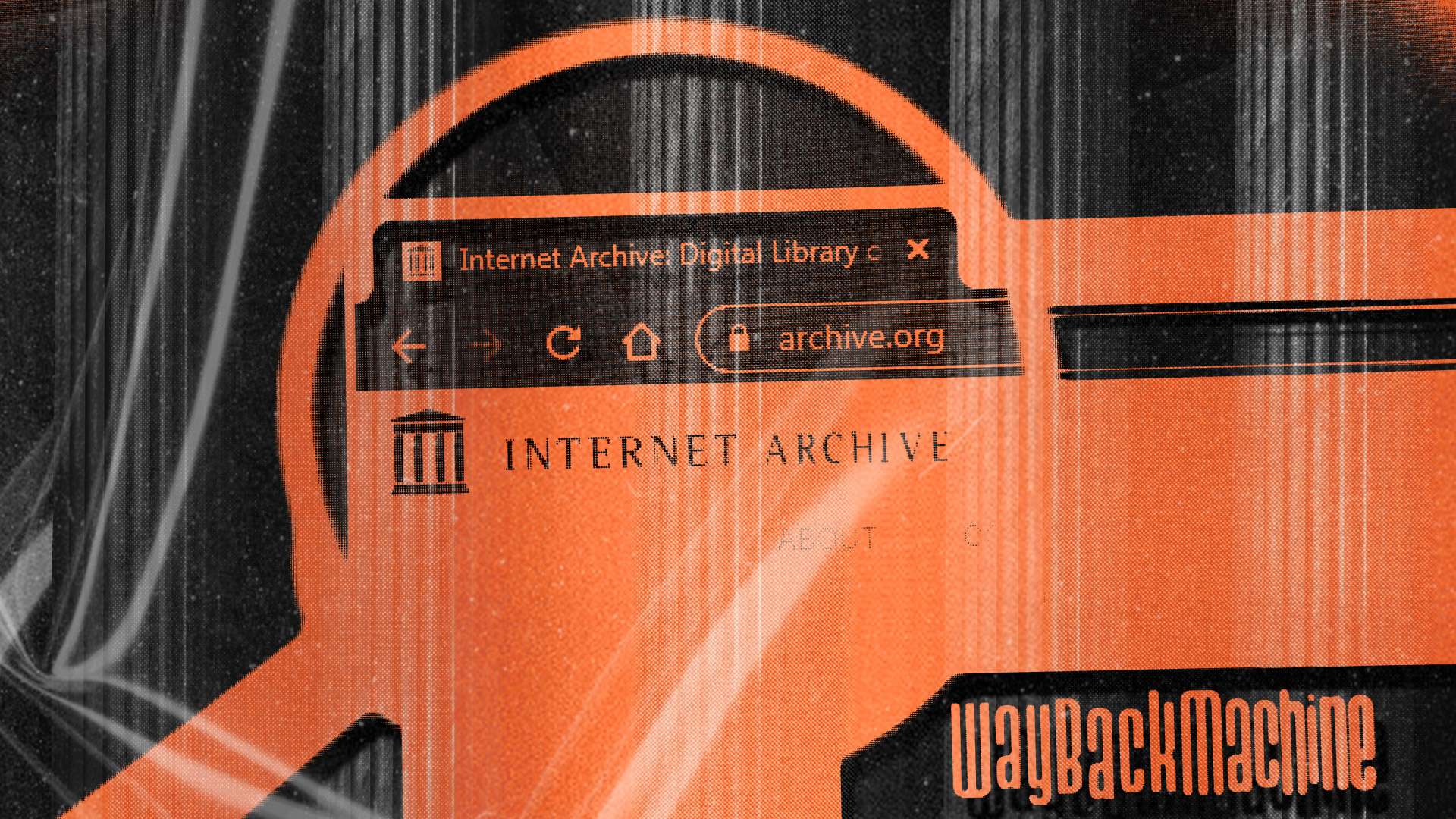In September, a federal appeals court dealt a significant blow to the Internet Archive—one of the largest online repositories of free books, media, and software—in a copyright case with major implications for publishers, libraries, and readers.
The U.S. Court of Appeals for the 2nd Circuit upheld a lower court ruling that found the Internet Archive’s extensive lending library of copyrighted books was not protected under the “fair use” doctrine and infringed on publishers’ rights.
Agreeing with the Archive’s interpretation of fair use “would significantly narrow—if not entirely eviscerate—copyright owners’ exclusive right to prepare derivative works,” the 2nd Circuit ruling stated. “Were we to approve [Internet Archive’s] use of the works, there would be little reason for consumers or libraries to pay publishers for content they could access for free.”
Following the decision, Maria Pallante, president of the Association of American Publishers, expressed in a press release that the Archive “attempted to do what no one had done before, which was to call unauthorized distribution of entire books ‘lending’ without permission.”
The Internet Archive, a nonprofit organization with a mission “to provide Universal Access to All Knowledge,” offers an online collection of 44 million books and texts. It also runs a digital lending library known as the Open Library. The Archive owns physical copies of all books in the Open Library, scanning and uploading them. With exceptions during the COVID-19 pandemic, the Archive permitted only one digital copy of a book to be borrowed at a time—a one-to-one owned-to-loaned ratio, similar to a traditional library.
In 2020, four publishers—Hachette Book Group, HarperCollins Publishers, John Wiley & Sons, and Penguin Random House—filed a lawsuit against the Archive, alleging copyright infringements. A federal court ruled against the Internet Archive in March 2023, leading the nonprofit to appeal the decision to the 2nd Circuit in September.
The Archive argued that its Open Library was protected by fair use doctrine and that scanning the books was a transformative use of the material in the public interest.
“Our perspective is that it’s unreasonable that the Internet Archive can send me a physical book it owns. The physical publishers cannot prevent that. However, [the Archive] cannot provide me with the same content in digital form,” Cara Gagliano, senior staff attorney for the Electronic Frontier Foundation, representing the Archive in court, told KQED in San Francisco.
The 2nd Circuit largely dismissed that argument, stating that the Archive’s digitization did not enhance the efficiency of lending; it did not constitute transformative works but rather “derivative” works; and it directly competed with publishers by offering free versions of their complete products.
“While libraries and consumers may experience some short-term advantages from access to free digital books, what are the long-term implications?” the court questioned. “If authors and creators knew that their original works could be copied and shared for free, there would be little incentive to create new works.”
The 2nd Circuit’s rationale fundamentally misunderstood several key aspects of the case. Publishers have progressively made e-licenses for books more costly and subject to more frequent renewals, making it challenging for libraries to afford extensive online collections.
The 2nd Circuit also purports to protect authors, but the typical users of the lending library are writers and researchers needing brief access to an old book, not individuals seeking the latest bestseller.
As the rest of the internet deteriorates and becomes more intrusive—a process author Cory Doctorow aptly calls “enshittification”—the Internet Archive remains a beacon of the radical digital freedom that the World Wide Web initially promised to users.
The 2nd Circuit’s ruling favors the “weary giants of flesh and steel,” as John Perry Barlow’s 1996 “Declaration of the Independence of Cyberspace” characterized the industries and governments attempting to regulate the early internet. The Internet Archive was established the same year Barlow published his manifesto.
The nonprofit stated in a press release that it is “reviewing the court’s opinion and will continue to defend the rights of libraries to own, lend, and preserve books.”





